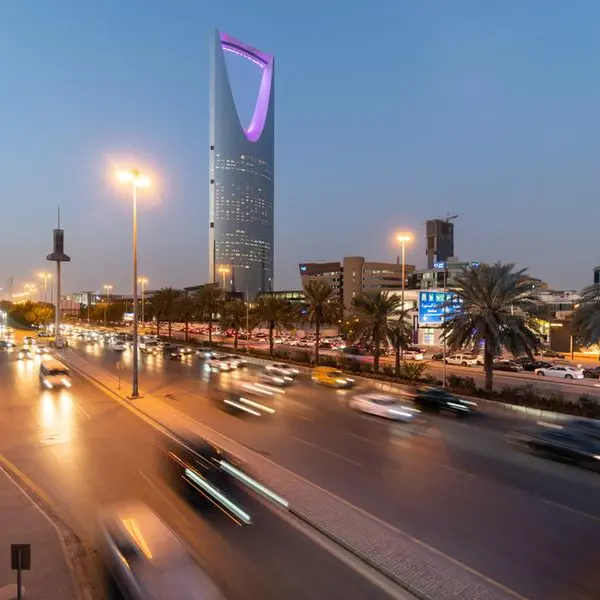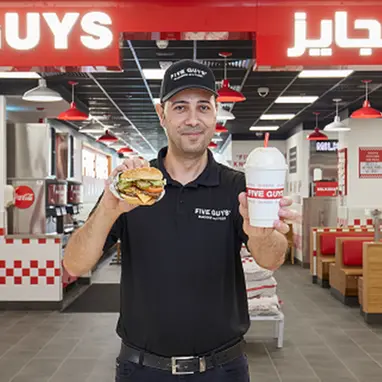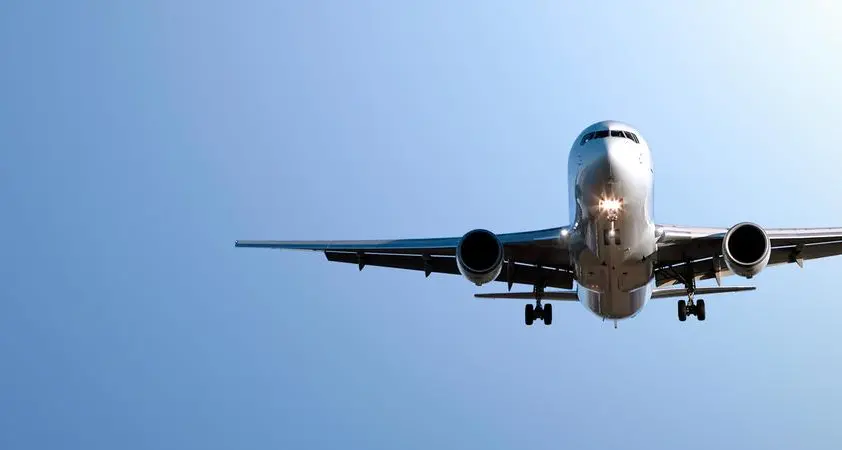PHOTO
•Fourth Sheikh Zayed Institute Scientific Advisory Committee Meeting receives updates on projects at Children's National's Sheikh Zayed Institute for Pediatric Surgical Innovation
At the conclusion of its 2015 annual meeting,the Sheikh Zayed Institute Scientific Advisory Committee revealed that Children's National's Sheikh Zayed Institute for Pediatric Surgical Innovation currently has more than 40 device and care technique projects in progress.
The fourth annual meeting of the committee - at the Sheikh Zayed Campus for Advanced Children'sMedicine in Washington, D.C. - met to review the progress of the Sheikh Zayed Institute for Pediatric Surgical Innovation and the status of the organization's projects.
The seven member committeereceived updates on the more than 40 ongoing projects, and conducted one-on-one interviews with the Project Leaders. Two of the key devices that are now being developed- FaceGene and a robotic system for rehabilitation - have been developed in conjunction with Abu Dhabi's Khalifa University.
At the conclusion of the meeting, committee members provided Sheikh Zayed Institute leadership with recommendations for next steps on each project, feedback on overall organizational sustainability, and encouragement to maintain their capacity for discovery and innovation.
Advisory Committee member, Dr. Nawal Al Kaabi, Head of Pediatric Infectious Disease and Chair of Education at Sheikh Khalifa Medical City said:
"The progress over the last few years has been amazing. The interdisciplinary approach, where physicians work beside engineers and scientists, allows for greater innovation and for development to happen at a much faster pace."
Since its foundation in 2009, through a generous gift from the government of Abu Dhabi, the Sheikh Zayed Institute for Pediatric Surgical Innovation has focused on making pediatric surgery more precise, less invasive, and pain free.
Dr. Peter Kim, Vice President of the Sheikh Zayed Institute for Pediatric Surgical Innovation at Children's National said:
"The Sheikh Zayed Institute Scientific Advisory Committee meeting is an opportunity for a range of stakeholders to understand the pioneering work happening at the organization. Our committee has seen a wide range of projects and had the opportunity to understand how innovation is helping to improve lives."
"With our approach and the more than 40 projects currently in progress, we believe we can continuously strive to set new benchmarks."
Key projects highlighted during the meeting included:
A MOBILE APPLICATION FOR EARLY AND NONINVASIVE DETECTION OF GENETIC SYNDROMES
FaceGene is a low-cost, non-invasive tool that identifies a wide array of genetic syndromes (including Down syndrome) using just a smart phone. The technology combines the latest facial recognition software with proprietary algorithms to detect specific facial anomalies that are clinically-proven markers of genetic disease.
FaceGene will allow clinicians to screen every newborn without the need for specialized genetic expertise, which is usually unavailable in community hospitals and the developing world. The net effect will be a reduction in the morbidity and mortality for the over one million children born worldwide annually with genetic syndromes. Research on this project is done in collaboration with Khalifa University.
A ROBOTIC SYSTEM FOR REHABILITATION
Rehabilitation is designed to facilitate the process of recovery from injury, illness, or disease to as normal a condition as possible. Rehabilitation services can be provided by many different health care professionals and has traditionally been very subjective. At the Sheikh Zayed Institute, research is focused on robotic exoskeleton devices that could assist in therapy of the foot, knee, hip, shoulder, and other joints. Rehabilitation robotics is an emerging field and promises to provide a quantitative method of recovery, making it more objective, complete, and potentially faster. Initial research explores robotic rehabilitation to improve ankle mobility with cerebral palsy patients.
The device being developed uses a six-degree-of-freedom motion platform, to which a ski boot is attached to hold the ankle. The motion platform can then be programmed to exercise the ankle with the goal of improving the mobility of cerebral palsy patients, who often have difficulty walking due to limited range of ankle motion. Beyond pediatrics and cerebral palsy, the robotic platform will be applicable to many other disease conditions and for adult rehabilitation. Research on this project is done in collaboration with Khalifa University.
AN IMAGE-GUIDED NON-INVASIVE THERAPEUTIC ENERGY PROGRAM
Through High Intensity Focused Ultrasound (HIFU), researchers and physicians are supplanting techniques like laparoscopic surgery and surgical robotics. HIFU is a completely non-invasive, image-guided method that sends a highly focused beam of ultrasound particles to a targeted location in the body, without the need for an incision. This advancement in minimally invasive treatment, coupled with use of magnetic resonance image guidance for more precise delivery of therapy, has the potential to minimize stress and trauma caused by surgical procedures and to reduce radiation risks for children.
Children's National has the first pediatric operating room outfitted with the necessary technology in order to study how HIFU could help children. They are also the first in the world to comprehensively investigate the use of HIFU to treat children with solid tumors, including the potential to treat fetuses in utero, without the need for incisions.
-Ends-
About Children's National Medical Center
Children's National Medical Center, based in Washington, DC, has been serving children since 1870. Children's National treats children from the United States and more than 40 countries around the world. The hospital is Magnet® designated and is consistently ranked among the top pediatric hospitals by U.S.News & World Report. Home to the Children's Research Institute and the Sheikh Zayed Institute for Pediatric Surgical Innovation, Children's National is one of the U.S.'s top NIH-funded pediatric institutions. With a community-based pediatric network, seven regional outpatient centers, an ambulatory surgery center, two emergency rooms, an acute care hospital, and collaborations throughout the U.S. and around the world, Children's National is recognized for its expertise and innovation in pediatric care and as an advocate for all children.
For more information, visitChildrensNational.org, or follow us onFacebookandTwitter.
About the Sheikh Zayed Institute for Pediatric Surgical Innovation
The creation of the Sheikh Zayed Institute for Pediatric Surgical Innovation was made possible by a $150 million (AED 355 million) gift from the government of Abu Dhabi, representing a shared vision to significantly and measurably advance medical innovation to create healthier and safer surgical outcomes for children worldwide. The government of Abu Dhabi made the gift in honor of the late Sheikh Zayed bin Sultan Al Nahyan, the founder of the United Arab Emirates and the country's president from 1971 until his death in 2004.
Launched in September 2009, the Sheikh Zayed Institute for Pediatric Surgical Innovation at Children's National Medical Center is redefining what is possible in surgery through innovative, integrated research. The Institute's physician-scientists apply their expertise in their specialized fields to pursue the common goal to make pediatric surgery more precise, less invasive, and pain-free. By combining research and clinical work in this area, the Institute is developing knowledge, tools, and procedures that will benefit children in the Washington region, across the country, and around the world.
For more information about the Sheikh Zayed Institute, please visit http://innovationinstitute.childrensnational.org/
Contact:
Asad Abbasi
Weber Shandwick MENA
Telephone: + 971 2 449 4457
Mobile: + 971 52 861 4230
Email: AAbbasi@webershandwick.com
© Press Release 2015











